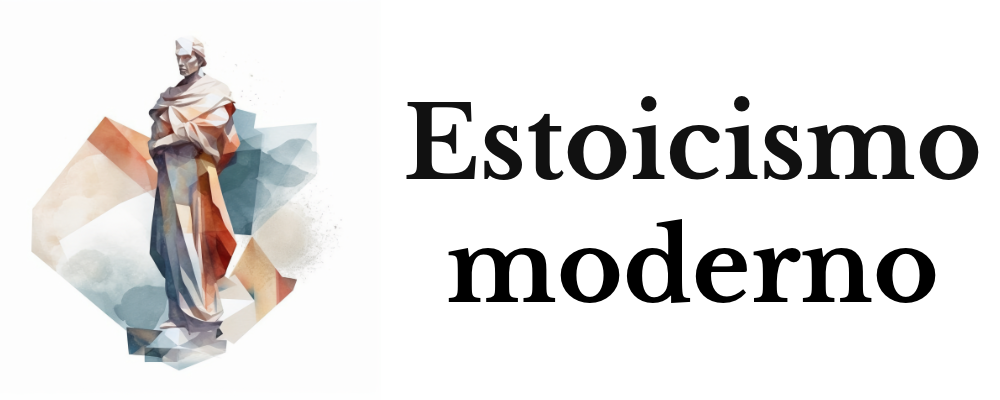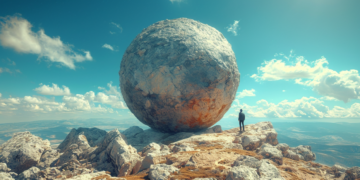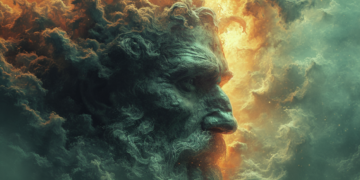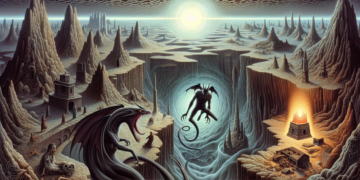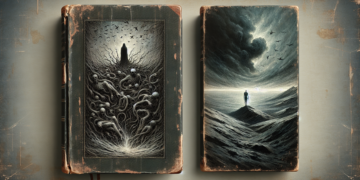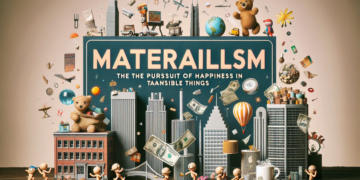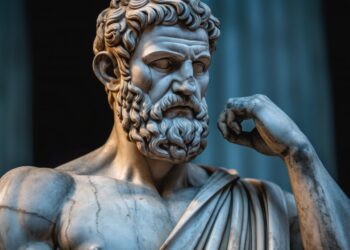From Nietzsche to Today: Nihilism in Philosophical Thought
Nihilism, often misunderstood as mere negation or destruction, found in the philosophy of Friedrich Nietzsche a voice that, although seemingly heralding an abyss, in fact proposed the possibility of reconstruction. Nietzsche declared that “God is dead,” but not as a gloomy omen, rather as a diagnosis of the modern condition, and a call to the awakening of individual autonomy.
Stoicism, with its vigorous affirmation of the individual’s power in the face of external vicissitudes, offers a robust outlook in the face of nihilism. “It is not things that disturb men but their judgments about things,” Epictetus wrote in his Enchiridion, setting the tone for a philosophical stance towards life that empowers humans above their circumstances.
Assuming this power implies, in the contemporary context, facing a challenge: the feeling of emptiness and the absence of transcendent values that nihilism denounces. Modern culture, saturated with stimuli and consumerism, often leaves us with a sense of lack of purpose. But here, Stoicism invites us to look within, to focus on what we have control over: our will and our ability to give meaning to our actions.
Epictetus’s Enchiridion, a practical tool for the Stoic, as its name suggests, provides us with tools to discern between what depends on us and what does not. This distinction is key in our era, where hyperconnection and social media can make us feel powerless in the face of a flood of global events. The invitation is to focus our energies on the sphere where our effort does count. Marcus Aurelius reminds us that “The happiness of your life depends upon the quality of your thoughts,” echoing the need for intellectual self-vigilance.
Upon deep analysis, we can perceive a common thread between Nietzsche’s existentialist proposal and Stoicism. Both exhort us to construct meaning, to assume self-responsibility, and to understand that life, with its load of suffering and joy, demands from us an active stance. If for Nietzsche the Übermensch is the one who creates values, for Stoicism the sage is he who lives in harmony with nature, which is not only the material world but also the reason governing the cosmos and oneself.
How, then, do we apply these thoughts in our day-to-day life? Let’s revisit the maxim of turning obstacles into fuel for our growth. Each adversity can be an opportunity to exercise virtue, like a rock sculpted by the flow of a river. Epictetus calls us to non-reactivity, by asking us “Can I do anything about this?” and if the answer is negative, he guides us toward serenity. This technique, simple in theory but complex in practice, is vital in a world that bombards us with stimuli beyond our control.
Nietzsche encourages us to be faithful to the earth, to embrace this world, instead of seeking consolation in an afterlife. Here, Stoicism and he meet, in the affirmation of earthly life, the one directly in our hands. It is about courageously accepting finitude, recognizing that in each present moment lies the possibility of a meaningful act.
Let’s then conclude with a call to action: Take our existential pen and write a script where the leading role is that of an individual conscious of their internal morality and power of choice. Follow the advice of Marcus Aurelius, who prompts us every morning to say: “Today I will encounter interference, ingratitude, insolence, disloyalty, bad neighbors, and selfishness,” but for each of these challenges, remember we have the option to respond with our best version.
Modernity demands from us a philosophical response commensurate with its complexities, and Stoicism provides us with the moral keys to face it. In the depths of Stoic thought, beyond clichés, we find a powerful weapon against nihilism: the conviction that in self-determination and personal growth lies true transcendence. Thus, let’s face the world not as victims of fate, but as architects of our future.
And always remember Seneca’s words, “It is not because things are difficult that we do not dare; it is because we do not dare that they are difficult.” May our actions be the antidote to nihilism, and our will, the chisel that shapes our reality.
